JURY GIVES WIDOW $551,000 IN CREDIT CARD COLLECTION CASE
By: Lawrence Viele Davidson Special to Missouri Lawyers Weekly May 18, 2017
Debt collector CACH LLC started to pursue collections from Lynn Dingwall shortly after her husband died in 2011, and sued her in 2014. She countersued, and ignored CACH’s offering of $30,000 to settle the case, opting to go to court instead. On Feb. 24, a Jackson County jury awarded her $551,000 after finding the collections agency was “malicious” in its pursuit of the balance on her By the time a widow’s lawsuit against a debt-collection firm for its demand she pay her dead husband’s $10,000 credit card balance was headed for trial, the collector was trying to pay her.
The jury awarded $500,000 in punitive damages, $50,000 in compensatory damages and $1,000 in statutory damages under the Fair Debt Collections Practices Act.
Attorneys Brianne Thomas, Mark Parrish and Josh Sanders with Boyd Kenter Thomas & Parrish who represented Dingwall argued CACH only wanted to threaten her into paying the credit card bill and never intended to provide proof in court that she owed the money. The card was in her husband’s name and Dingwall was not legally responsible for the debt.
“We were not disappointed,” with the jury award, said lead attorney Mark Parrish of Boyd Kenter Thomas & Parrish.
Dingwall’s husband Mitch died after suffering a heart attack in 2011, between the November and December credit card statements. The company changed the card to her name in the December statement, Parrish said.
CACH sued Dingwall for the debt in April 2014. She filed counterclaims under the FDCPA and for malicious prosecution. The court granted her partial summary judgment for violations of the FDCPA. The recent trial was to determine damages under FDCPA liability and damages for malicious prosecution.
Parrish said evidence showed a pattern and practice of pursuing payments from debtors in an illegal manner from 2009 to 2014. The pattern and practice evidence were key elements for the punitive damages finding.
CACH is among thousands of collection firms across the U.S. that buy delinquent debt and pursue payment, sometimes for pennies on the dollar. CACH can report accounts in arrears to credit reporting agencies while it presses for payment. It did so in Dingwall’s case even after the court entered summary judgment against it on the credit card debt in a December 2014 order.
For its part, CACH said in court papers opposing the summary judgment motion it did not threaten Dingwall to extract payment with no intent of taking further action as she claimed.
“Here, CACH, LLC did not threaten an action, it took one” the company said in a filing. “While the court ultimately decided against CACH, LLC on its petition, that does not change the fact that CACH, LLC intended to do exactly what it did do,” the company said.
“Rather, the evidence demonstrates that CACH had both the intention and ability to establish its assignee status and actually prove the claims filed,” the company’s filing said. Though searches did not turn up paperwork, such as the card member agreement with the original debtor, in this case MBNA, CACH required that MBNA go through the “time-consuming process” of verifying each account.
Parrish casts doubt on whether CACH did enough to determine they were pursuing the right person as the law requires. The card was clearly Mitch Dingwall’s, not his wife’s, he said. “They could have easily figured it out if they had followed the process they claimed to use to verify the accounts they purchase.”
Nicole M. Strickler, of Messer Strickler in Chicago represented CACH. She did not return a phone call for comment.
$551,000 verdict
Malicious Prosecution and Fair Debt Collection Practices Act violations
Venue: Jackson County Circuit Court
Case Number/Date: 1416-CV09906/Feb. 24, 2017
